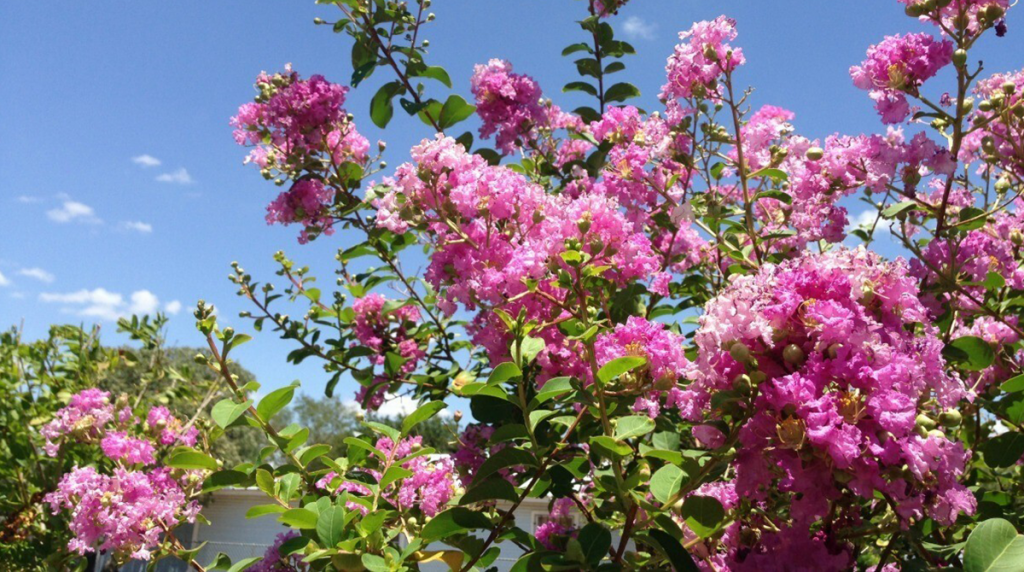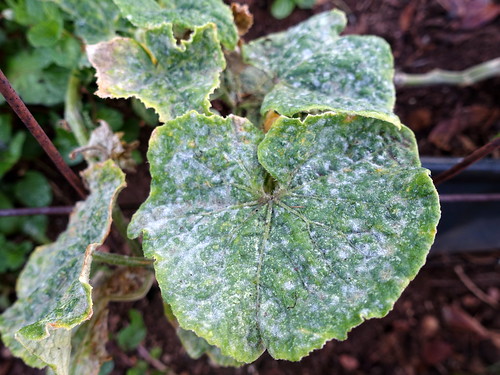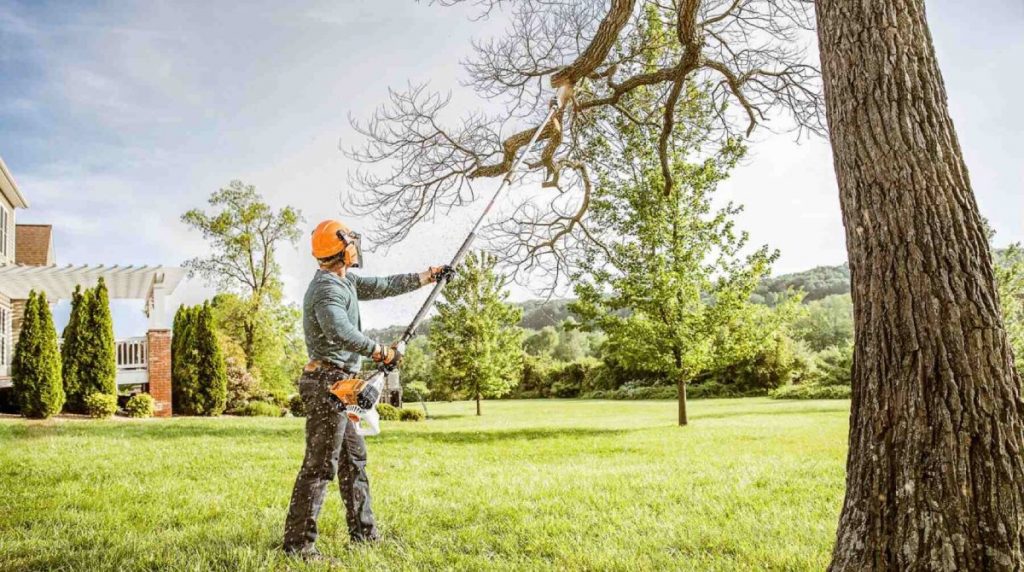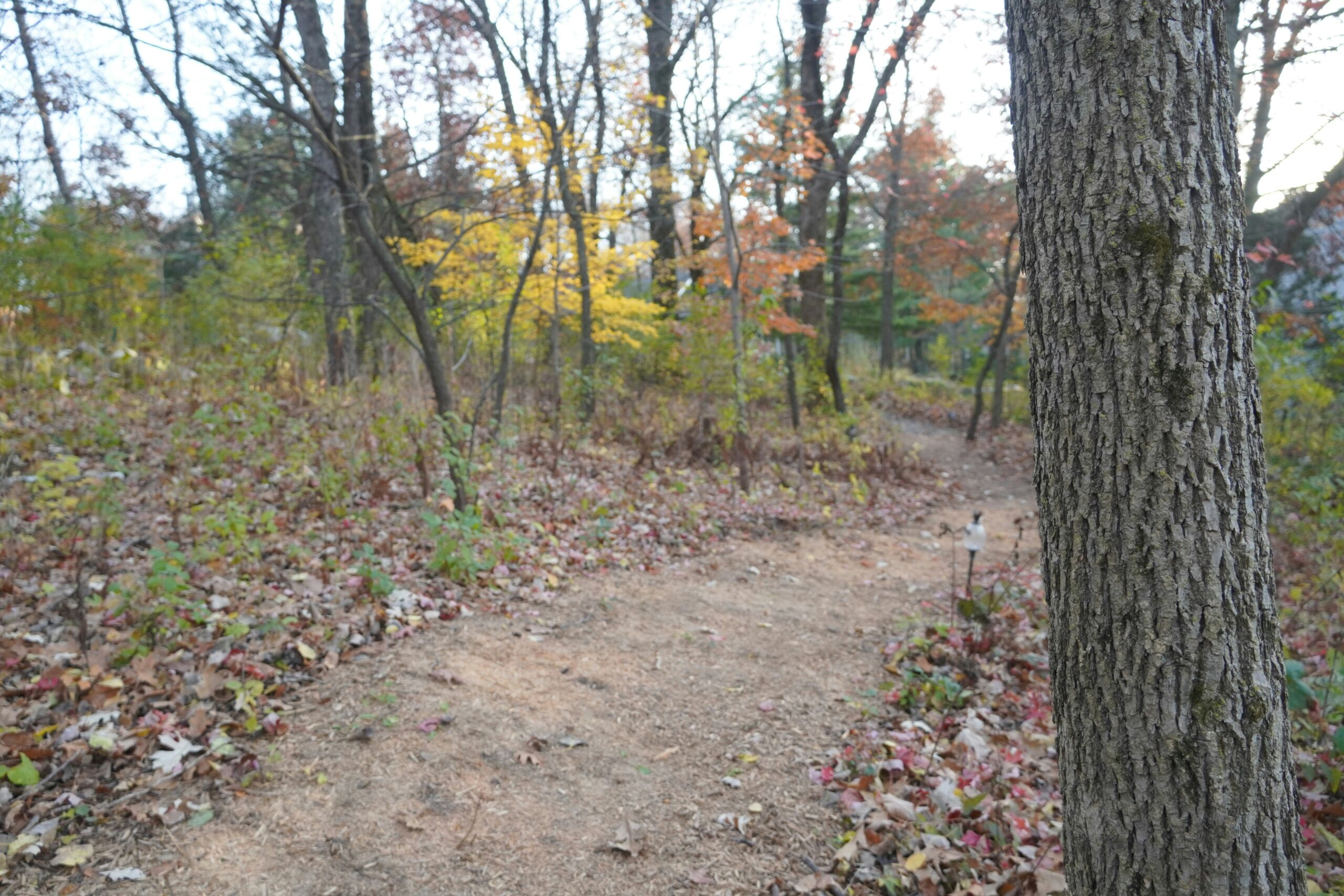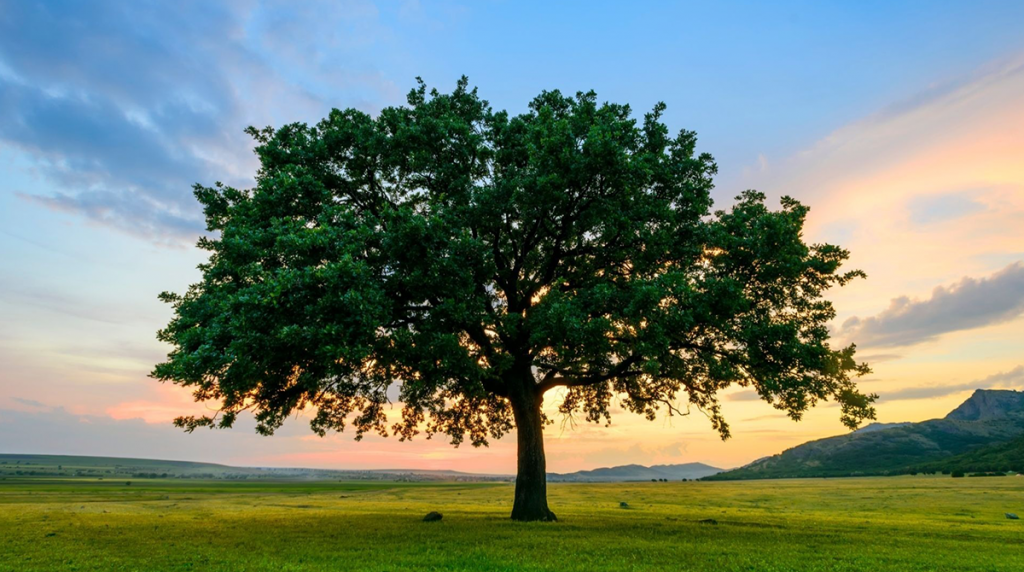
Date November 24, 2020
Category
Bloom Where You Are Planted
Know the saying ‘Bloom where you are planted’? That’s a lot easier for trees to do when planted in the right location. We can throw on a sweater if we’re cold, but once a tree is planted – it’s stuck. Trees must tolerate a wide range of environmental factors that are difficult to modify once planted.
How can you ensure tree health? Dallas is usually hot and dry, so not every tree will thrive here. There are six environmental factors to consider when choosing a tree or its planting location. Spending some time thinking through these considerations will determine the vigor and lifespan of your tree.
6 Environmental Factors that Affect Trees
1. Temperature
Trees are sensitive to air temperature. Both high and low temperatures can shock and kill trees unsuited to those environments, so it’s important to select a tree species appropriate for our area’s climate.
Dallas’s annual low temperature puts us in USDA Zone 8a. But even across a property, the temperature can differ from one site to another. Variations in terrain and shade can affect temperature. Planting on a sunny, south-facing slope can produce a warmer, harsher climate than a shady, northern exposure on the same landscape. Pavement or boulders affect adjacent areas by holding and radiating heat as well.
These microclimates can create a site one to two hardiness zones different than normal. Sometimes microclimates allow us to push the boundaries on planting tree species normally outside our zone, but microclimates can also create unforeseen problems that plague an otherwise well-suited tree. Consider your tree’s specific location for any potential variations.
2. Moisture
All trees need water to survive, but how much varies by species. Different soil types hold moisture differently. Clay soils tend to drain slowly while sandy soils dry quickly requiring, more frequent irrigation. Knowing your soil type and tree’s water requirements are important to maintaining tree health.
When nature doesn’t provide enough rainfall, watering is critical – but the amount and timing matter too. Light watering on multiple days creates a shallow root system that will cause the tree to suffer when drought hits. Your goal is to help a newly planted tree develop an extensive root system that will serve it through wet and dry times. Deep, infrequent watering is best for young, newly planted trees. Well-established trees rarely need supplemental watering.
3. Light
Sunlight is essential for photosynthesis. But that doesn’t mean every tree wants full blazing sun all day. Some appreciate a bit of shade, but some require full sun to bloom appropriately. Keep track of how much sun your tree’s location receives. Insufficient sunlight can cause spindly growth prone to breakage and pests.
Observe your location throughout the day to estimate how much sun the site receives. Remember that shade can come from both natural and artificial sources (like buildings). Neighboring trees (or even a tree’s own branches) can cast deep shade, which could be carefully pruned by a tree surgeon. Dallas has a sunny climate – but remember that trees need different amounts of light. If your tree requires pruning, make sure to have a trained professional do the job. TreeNewal is proud to offer ISA Certified Arborists to care for your property’s trees.
4. Pests
All trees and locations are susceptible to their own unique pests and diseases. A Dallas tree care specialist can advise you on which pests and tree combinations spell trouble for our area. It’s always best to avoid problems before they start, so look for tree varieties bred with disease resistance.
Trees underwater or temperature stress are prime targets for pests. Check both new and mature trees frequently for signs of stress or pests. Catching a problem early can make a difference in how severe the impact is. A TreeNewal tree care expert is your best bet to troubleshoot what’s bothering your tree and make recommendations to address current and avoid future problems. Remember that a healthy tree is less appealing to pests!
5. Soil
A tree’s roots span underground well beyond where it’s leaf canopy extends above. The soil is a tree’s foundation and its main source of water and nutrients. Knowing your soil type is one of the most important (and often overlooked) considerations in selecting a tree site.
Soil pH varies by location (even across a property) and affects a tree’s ability to absorb nutrients. Problems can be subtle but are often easily addressed once identified. So start with a soil test! If you need help interpreting your soil test results, a TreeNewal tree care expert can advise you on which species will grow well in your soil.
Also, consider if your soil is light and sandy or heavy clay. Is it rocky or compacted? Soil structure dramatically impacts its ability to hold water or require irrigation. Otherwise, healthy trees can suffer if planted in compacted soils often found in urban areas or those with new construction.
6. Pollution
Air pollution is a newer environmental factor to consider. Air quality is especially important to trees in urban areas or locations which see heavy chemical use. Trees ‘breathe’ through their leaves and can be negatively impacted by pollutants. Even salt spray can cause chemical injury to some trees.
If you suspect pollution is an issue in your area, contact a Dallas tree care specialist to evaluate your location. Believe it or not, there are tree varieties that will tolerate urban sites, so have a professional help you select the best tree species for your location if this is a potential concern.
Protect Your Investment
Trees are a valuable, long term investment in your property. Carefully evaluating these six environmental factors will help pair the best tree for your location. Making the right choices at planting time will reward you for years to come.
Happy trees provide shade, screening, and even blooms to improve your curb appeal. You never get a chance to replant a tree. Partner with TreeNewal’s tree care experts to protect your investment and beautify your landscape.
Your neighbors at TreeNewal are here to help you. To reach our ISA Certified Arborists for professional tree maintenance and tree services, or even if you just have some questions, give us a call us today at tel:(817) 592-6846
To learn more about 6 Environmental Factors that Affect Trees, call our Argyle and Southlake based teams
at tel:(817) 592-6846 or send us a message.
We’re a little different than the average tree services company.
Learn more about TreeNewal’s ISA Certified Arborists!
Our Dallas/Fort Worth-based tree doctors can explain how sustainable tree care services add more value to your bottom line.
Healthy trees, healthy lives.
